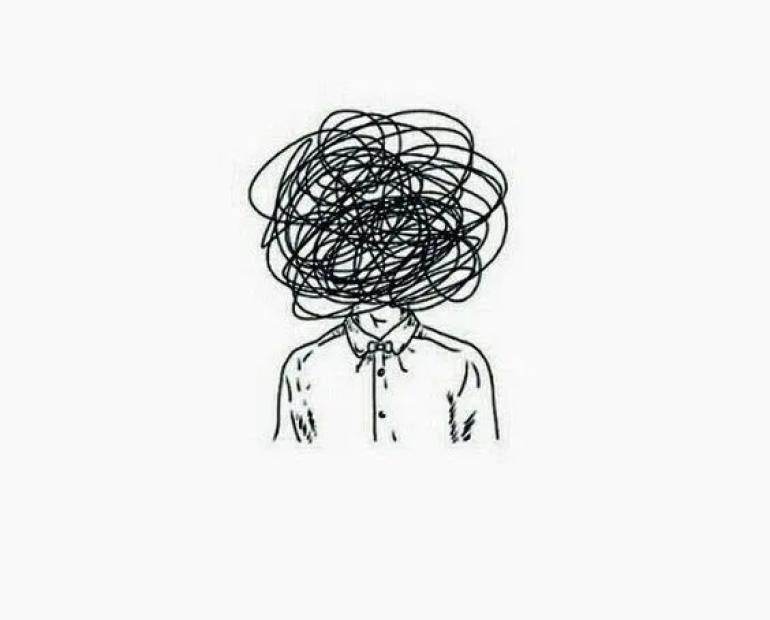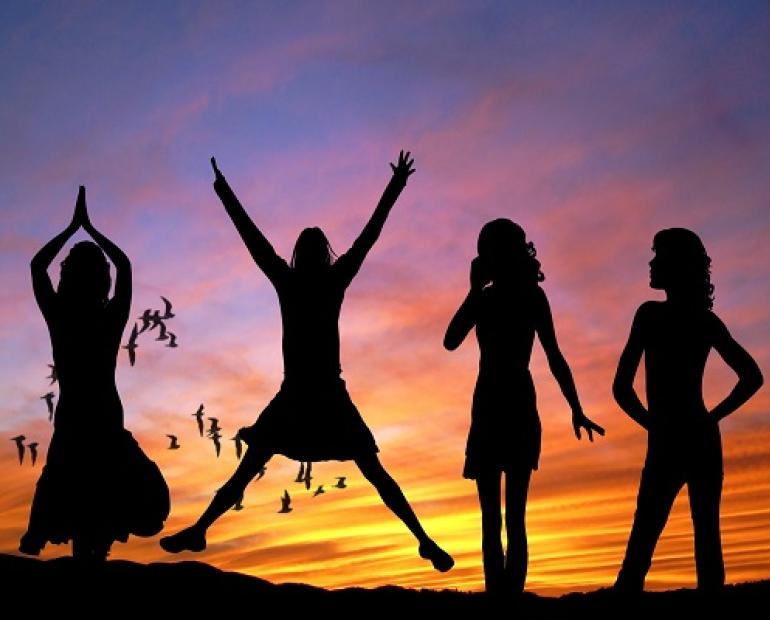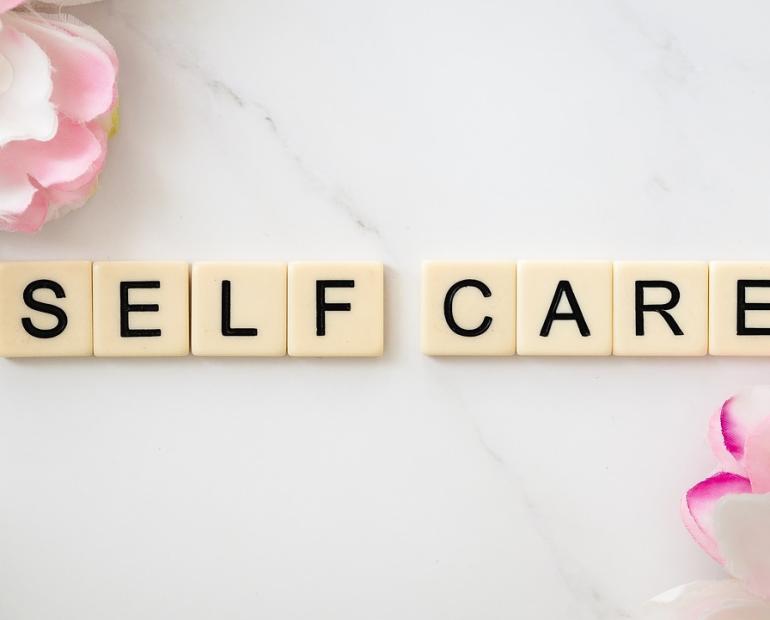
Last year, after Indian actress Tanushree Dutta opened up in an interview about being sexually harassed on a film set, no one knew that her startling revelations would serve as a catalyst for the arrival of the #MeToo movement in India. After the actress in question opened up about her experience, it inspired many women, not just from the entertainment industry, but also various other fields, to come out and share their #MeToo experiences publicly. While the #MeToo movement had gained momentum in Hollywood and the West amidst the Harvey Weinstein allegations in 2016, it has slowly begun catching up with its Indian counterpart in a similar manner.
It is well known that the entertainment industry is one of the most powerful industries of the world. Bollywood, or the Hindi film industry so to speak, enjoys a wide fan base, not just in India, but in many other parts of the world. We've had so many directors, producers and even actors in the past, whose cases of harassment have been brushed off, and their sexual misconduct has solely been excused on the basis of the fact that they are well known names in the industry. While one of the important aspects of the #MeToo movement is to confront sexual harassment, it especially focuses on condemning such behaviour in the workplace. In India, laws against sexual harassment in the workplace do exist and it is high time that not just women, but even men, must be made aware of the same.
In 2017, when a well-known director was touted to be “the flag-bearer of nepotism” by a National award-winning-actress on his popular chat show, it gave rise to a huge series of controversial debates on whether career connections preceded talent within the industry. Even if someone from outside the industry managed to get a role with a lot of difficulties, as one might add, how many of them can we truly say have not been subject to the infamous casting couch experience? In fact, actor Ranveer Singh, who is arguably one of the biggest names of the Hindi film industry today, had once revealed in an interview to NDTV "Casting couch is a very real thing. I have experienced it first-hand."
Economic impact
With many notable names from the entertainment industry being called out for their misconduct recently, a lot of actors are taking a stand by dropping out of certain projects that they had earlier agreed to be a part of since the concerned director or producer has been accused of sexual misconduct. On one hand, it is an extremely commendable move to see quite a few noteworthy artists not associate themselves with certain film projects while on the other hand, it is also quite difficult to see many livelihoods at stake because they are highly and solely dependent on the movie business for their survival. By discontinuing to be a part of these projects, they are actively discouraging, if not penalizing, such behaviour and are strictly against promoting the said filmmaker since he can, otherwise, easily exert his influence and continue to abuse his position of power, especially if the allegations are true. This condemns the existence of such toxic, misogynistic work spaces and encourages more conducive, safe and healthy working environments. However, this step is easier said than done since in most cases, the artist or any other professional in the creative field is subdued under the influence of a big actor or filmmaker who has connections within the industry; they could threaten to ruin an artist’s career if anything defamatory is said against them.
Cultural impact
For a long time now, Bollywood has been guilty of promoting a culture that often celebrates toxic ideas of masculinity as the ultimate, given norm of society. In fact, one of the most common storylines in many films normalizes stalking as an acceptable form of behavior in trying to win the attention of the female lead. Additionally, the prevalence of many item numbers and songs which exist without any relevance to the plot, only to raise the glamour quotient in films, continue to glorify the objectification of women. This of course is the result of regressive, patriarchal norms that are still deeply internalised in our culture and society.
However, we are slowly moving towards a culture that is striving towards gender equality and attempting to break away from sexist trends. There are more films being made with female protagonists in the lead today, which has, in turn, encouraged actresses to hike their fees to what they rightfully deserve. For instance, actress Deepika Padukone was paid more than her male co-stars for the contentious, epic-drama Padmaavat that released last year. With more and more actresses breaking the ‘eye-candy’ or ‘beauty without brains’ stereotype and strongly voicing their opinions on various issues of critical importance, especially concerning their representation in films or unflattering experiences on a movie set, the #MeToo movement has become an integral part of mainstream popular culture in India, and hopefully will not fade away anytime soon.
Social impact
While Indian culture has always been strong on family values and the collective way of life, factors like education and financial independence have resulted in the breakdown of joint families to more independent, nuclear households. Urban middle-class values are changing with young individuals all over the world becoming more aware of feminist trends as opposed to the previous generations. While the earlier generations were scared of breaking free from already existing norms and values, the current generation is a lot more free-thinking and outspoken.
While dealing with new-age feminism in India, another essential issue which comes into play is that of casteism. What does the #MeToo movement mean for women from lower castes, like that of the Dalits? Why did law student Raya Sarkar’s shocking confessions not kickstart the #MeToo movement in India earlier itself? According to social activist Ruth Manorama, “The women in the movement are speaking out and it is necessary that the culture of silence be broken, but it should be holistic. Dalit women have suffered for many centuries at the hands of dominant caste men and spoken about it too, but nobody heard them. The hope is that when Dalit women speak about this suffering, the women in this movement will support us too.”
Political impact
While the #MeToo movement started out in the entertainment industry, it went on to hit the political fraternity, with few big names coming out in the open. In spite of being the world’s largest democracy, politics in India has always been sensationalised. Sushmita Dev, Lok Sabha MP and head of Mahila Congress, said that the movement should not be politicised. “There are some causes, some issues which simply can’t be politicised and this is one of them. This is a people’s movement.” She further elaborates, “#MeToo is not about evidence….it is something which we accept that happens to us. It is about speaking about it without shame and fear. The thing that the political class can do is to make sure that laws are enforced…that is where we are failing the nation…we keep on passing laws…”
Women and child development minister Maneka Gandhi recently said, “I am proposing to set up a committee with senior judicial and legal persons as members to look into all issues emanating from the #MeToo campaign”. Apparently her ministry has created a women-friendly environment that provides a safe space for women to register their complaints directly and even anonymously, via the “She Box” (shebox.nic.in), which provides single-window access to every woman, irrespective of her status at work.
As we have seen above, a lot of individuals across various industries have started speaking out and addressing the issue at hand, and while it is an extremely brave move in an otherwise politically correct and tight-lipped society that we live in, what remains to be seen is whether the widespread and large-scale impact of the #MeToo campaign is only temporary in India or will continue to push on for years to come.






